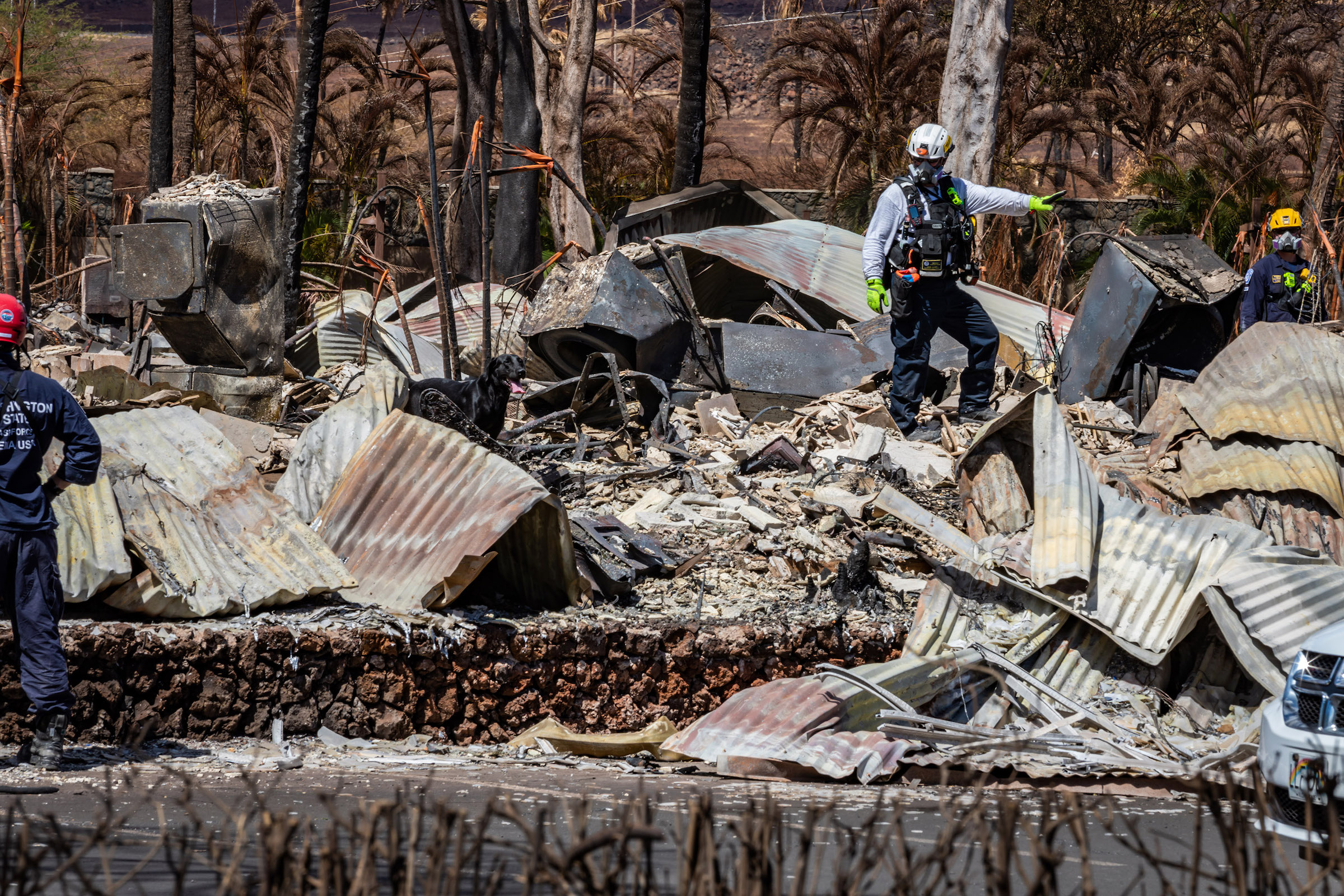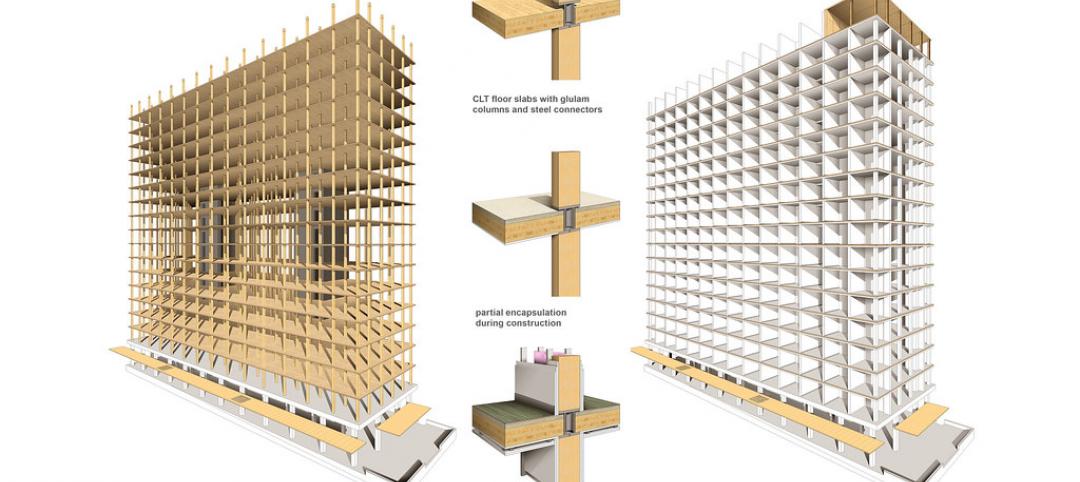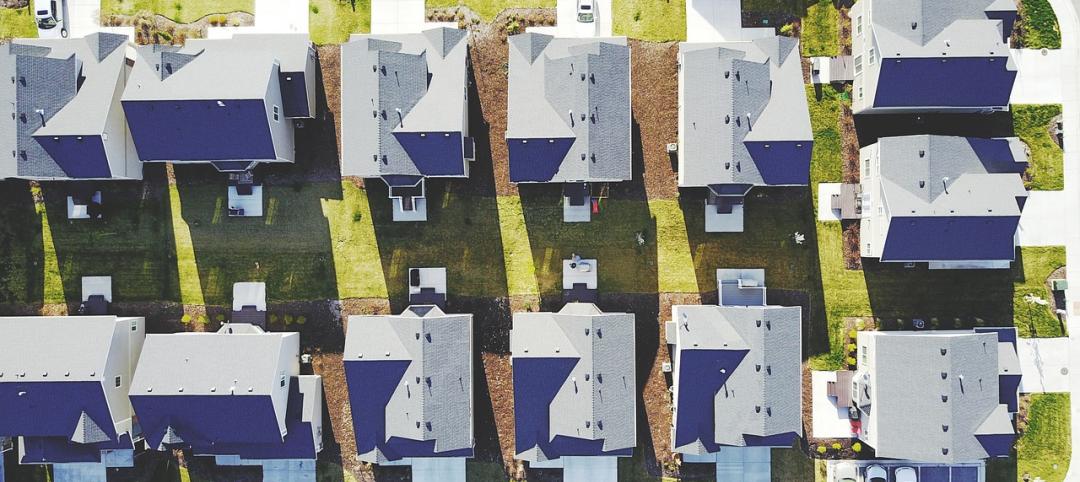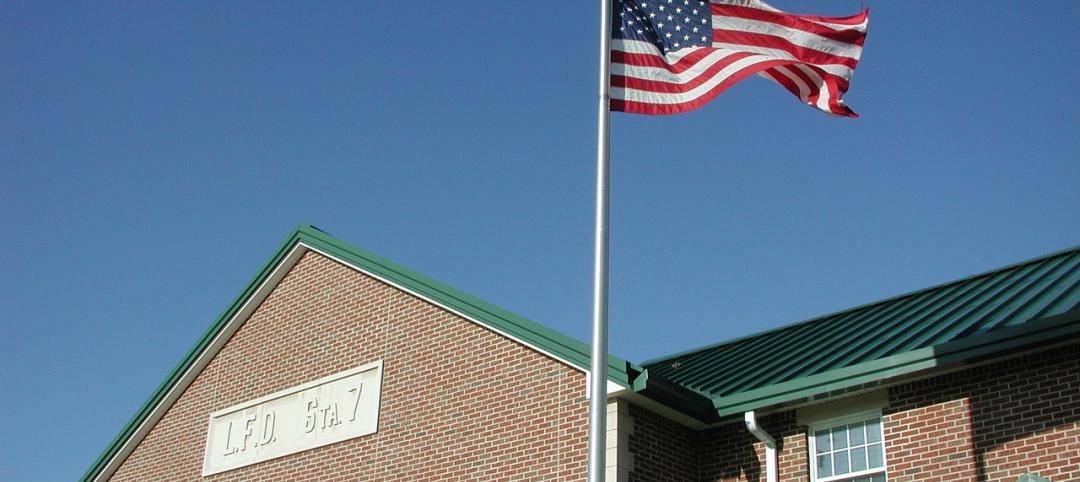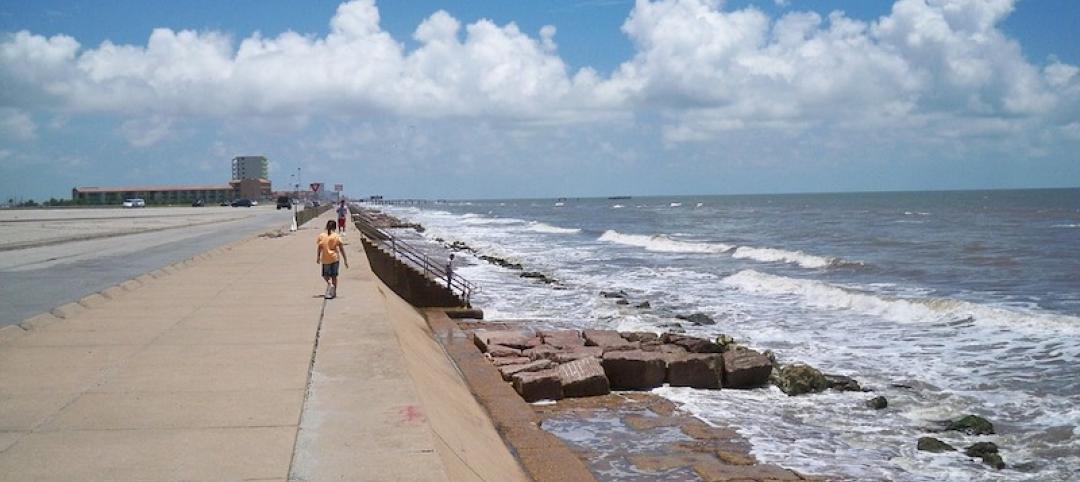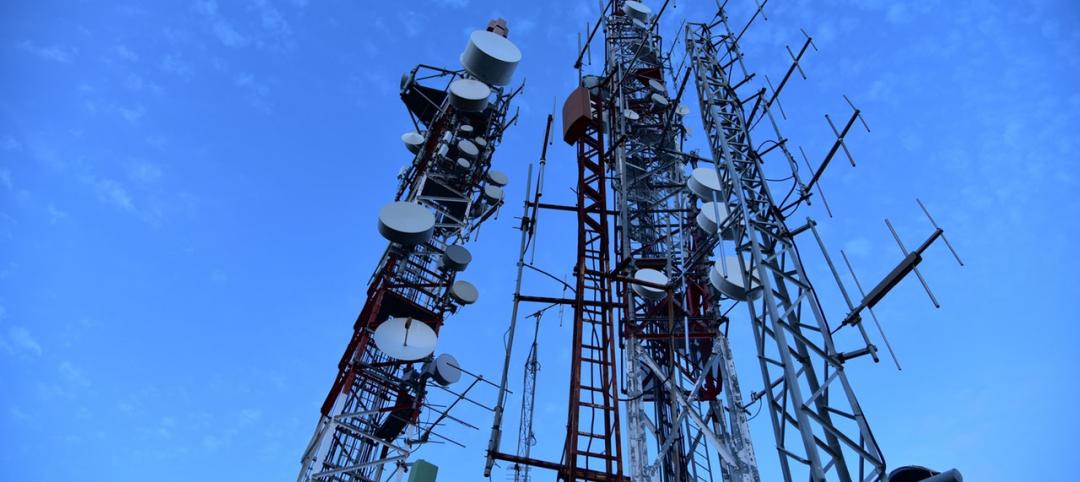Modern building codes and construction techniques were effective in saving buildings from the devastating Maui wildfire on August 9th, according to a recent report, IBHS Early Insights Lahaina Fire—2023, from the Insurance Institute for Business and Home Safety’s research division.
The report cited a residential development, consisting of a mix of single-family homes and a cluster of multifamily units built between 2019 and 2020, that escaped destruction. The structures survived the conflagration at least partly due to fire retardant construction and modern building codes, the report says.
The exteriors of several of these buildings did ignite, but they were not consumed by flames. “Hawaii’s modern building code has high-wind requirements that introduced elements that helped newer construction resist wildfire conditions,” the report says.
Despite the buildings being located close together, the development was spared in part because of:
- Class A roof covers—specifically asphalt shingles and metal
- Non-combustible exterior wall materials
- High wind-rated attic vents that prevented embers from entering the attic space
Notably, the report adds that landscape vegetation did not cover as much ground as it did in other locations that were destroyed by the fire. This provided less fuel for the flames to jump from one structure to another.
Related Stories
Codes and Standards | Aug 29, 2019
Code-conforming wood design guide available
The guide summarizes provisions for the use of wood and wood products in the 2018 IBC.
Codes and Standards | Aug 29, 2019
LEED residential market up 19% since 2017
The U.S. Green Building Council says that the LEED residential market has grown 19% since 2017. Nearly 500,000 single family, multifamily, and affordable housing units have been certified globally.
Codes and Standards | Aug 27, 2019
Slower speed limits in urban areas offer multiple benefits
Improved safety, better adoption of electric scooters and autonomous vehicles are possible if drivers ease off the accelerator.
Codes and Standards | Aug 27, 2019
Renewables creating significant savings for commercial and public facilities
Payback ranges from five to 15 years.
Codes and Standards | Aug 27, 2019
Oregon rescinds tsunami-zone construction ban
Other states have no ban, but have strengthened building codes for tidal wave resilience.
Urban Planning | Aug 27, 2019
Pop-up parks revitalize empty lots
Pop-up parks that provide instant open areas for public use and programming can revitalize under-utilized spaces and add vibrancy to neighborhoods.
Codes and Standards | Aug 22, 2019
Texas flood prevention initiative would create nation’s most ambitious barrier system
Plan including sand dunes and mechanical barriers would cost as much as $32 billion.
Codes and Standards | Aug 22, 2019
Multimedia app identifies construction hazards
Researchers say program will reduce injuries, save lives.
Codes and Standards | Aug 22, 2019
Cities take action to keep cool as climate heats up
Initiatives include cool streets, cool roofs, and broader urban tree canopy.
Codes and Standards | Aug 22, 2019
5G expected to give a boost to construction technology
Virtual reality, Internet of Things, robotics, and drones will all benefit from enhanced data flows.


